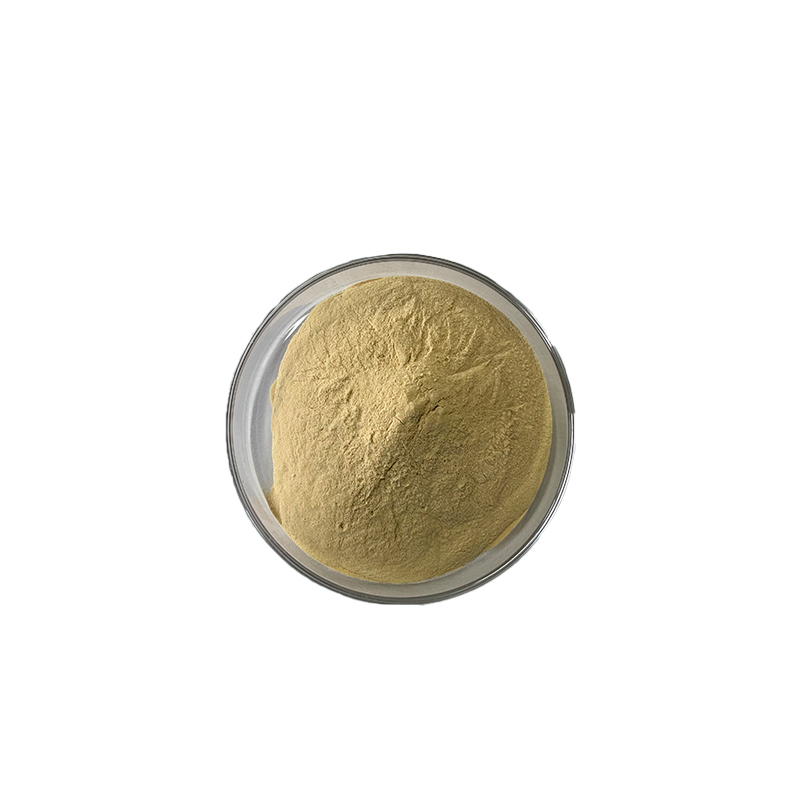
Why Your Gypsum Retarder Fails with Sodium Bicarbonate (And How to Fix It)
For manufacturers of gypsum boards, plasters, and self-levelling compounds across Europe, controlling the setting time is critical. A gypsum retarder is essential for this. However, a common and frustrating problem occurs when Sodium Bicarbonate is added to the mix: the retarder stops working, leading to failed batches and costly waste.
This article explains the science behind this issue and introduces a reliable, high-performance solution from YuanLian Chemical, specifically formulated for the European market.
The Benefits and Challenges of Sodium Bicarbonate in Gypsum
Sodium Bicarbonate (NaHCO₃) is not added by accident. It reacts with gypsum (CaSO₄·1/2H₂O) in a controlled chemical process:
Ca²⁺ + 2HCO₃⁻ → CaCO₃↓ + CO₂↑ + H₂O
This reaction is a double-edged sword, delivering significant product benefits but also creating a major processing challenge.
The Key Benefits: Creating Superior Gypsum Products
The generation of CO₂ gas creates a fine, controlled pore structure, which is highly desirable for modern, sustainable building materials in Europe:
-
Significantly Lighter Weight & Lower Density: The micro-pores displace solid material, resulting in lighter boards. This reduces shipping costs, makes installation easier and safer, and lowers the load on building structures.
-
Enhanced Thermal Insulation: The trapped air within the pores acts as an excellent thermal insulator. This makes porous gypsum boards and blocks ideal for improving building energy efficiency, aligning with strict EU energy performance standards.
-
Improved Acoustic Performance: Sound waves entering the micro-pores are dampened as they frictionally convert sound energy into heat. This makes the products excellent for sound-insulating walls and acoustic panels.
-
Better Moisture Regulation & Breathability: The porous structure allows water vapour to diffuse, helping to prevent condensation and mould growth, and contributing to healthier indoor air quality—a key concern for European builders.
-
Raw Material Savings: Achieving the same volume with less gypsum directly reduces material costs and environmental impact.
The Core Challenge: A Drastic Rise in pH
The same beneficial reaction consumes hydrogen ions (H⁺), causing the plaster slurry's pH to rise significantly, creating a stable, alkaline environment.
This is where conventional gypsum retarders fail.
The Problem: Why Alkaline Environments Deactivate Common Retarders
Most standard retarders—such as protein-based types or citric acid derivatives—work by chelating calcium ions or adsorbing onto crystal surfaces to inhibit the growth of dihydrate crystals.
In a high pH, alkaline environment, their effectiveness plummets:
-
Molecular Degradation: Protein-based retarders can hydrolyse, breaking down their active adsorption sites.
-
Reduced Chelation Power: The chelating ability of organic acid retarders like citrate is altered or diminished in alkaline conditions, weakening their bond with calcium ions.
-
Drastic Loss of Efficacy: The result is a slurry that sets far too quickly, even with a high dosage of retarder. This not only wastes additive but can scrap entire production runs, negating the cost-saving benefits of using Sodium Bicarbonate.
The European Solution: YuanLian's Alkali-Resistant Gypsum Retarder
To overcome this challenge and reliably produce high-quality, lightweight gypsum products, you need a retarder engineered for alkaline systems. YuanLian Chemical has developed a next-generation, high-efficiency, alkali-resistant gypsum retarder, compliant with European quality and safety standards.

Key Advantages of YuanLian's Retarder:
-
Superior Alkali Resistance: Its uniquely engineered molecular structure remains stable in high-pH conditions, guaranteeing reliable and predictable setting control.
-
Broad pH Compatibility: It performs consistently across neutral, slightly acidic, and highly alkaline gypsum systems, offering unparalleled formulation flexibility.
-
Minimal Impact on Final Strength: It effectively prolongs the setting time without compromising the final strength of the porous gypsum structure.
-
Cost-Effective Performance: Due to its high efficiency in alkaline environments, required dosages are typically lower than with traditional retarders, reducing your overall production cost.
Conclusion
If you are using Sodium Bicarbonate to create lighter, thermally insulating, or acoustically superior gypsum products, the alkaline environment it creates will deactivate standard retarders. Switching to a purpose-built solution is the only way to ensure product quality and production efficiency.
YuanLian Chemical is your partner for advanced gypsum solutions. Contact us today to request a free sample and technical data sheet, and see how our retarder can optimise your production process.
Yuanlian Chemical specializes in the production of polyaspartic acid (PASP),tetrasodium iminodisuccinate(IDS), GLDA, MGDA etc. with stable quality and excellent quantity!





Contact us